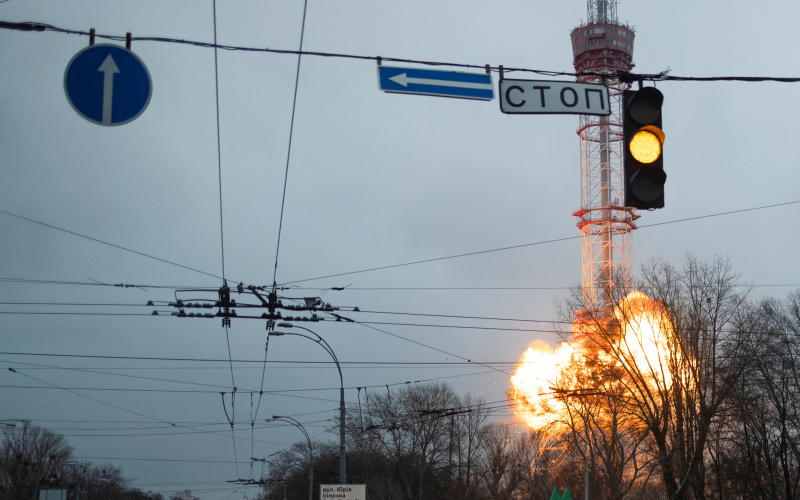
MILAN, March 1 (Reuters) - The latest wave of sanctions on Russia over its Ukraine invasion have thrown the global banking industry deeper into turmoil, as Western countries try to squeeze Moscow's access to cash for its economy and international trade.
Some Russian banks will be excluded from the SWIFT international payments system and, crucially, other sanctions target the country's central bank to stop it from using its foreign reserves. read more
The moves aim to undermine Russia's ability to weather the wider economic sanctions but they also impact Western banks which are exposed to Russia's economy.
The European arm of Sberbank (SBER.MM), Russia's biggest lender, faces failure, the European Central Bank has said, after a run on its deposits sparked by the crisis. read more
In Europe, Italian and French banks have the largest Russian exposure, representing just over $25 billion each at the end of September, followed by Austrian banks with $17.5 billion, data by the Bank of International Settlements shows.
The exposure of U.S. banks is some $14.7 billion.
Following are some of the banks with significant Russian exposure.
Citi (C.N)